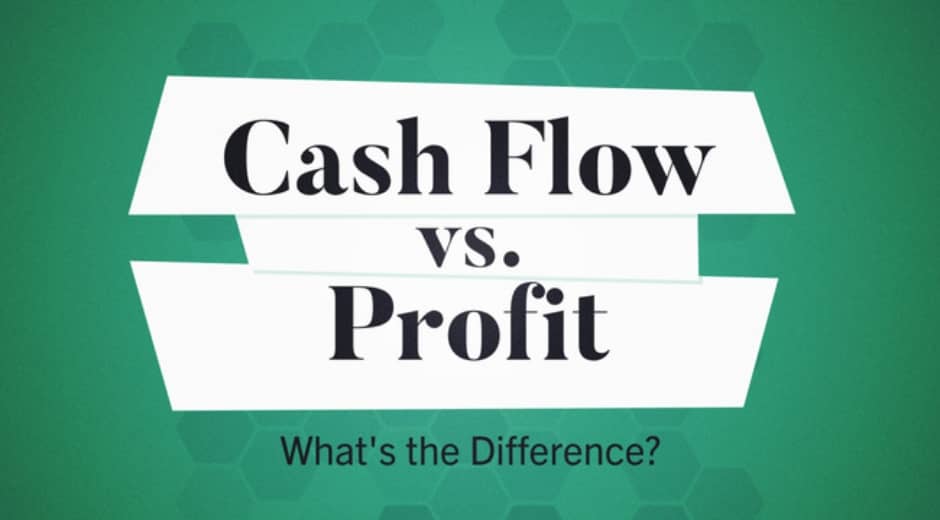Sustainable Investing: Building Wealth with Purpose and Long-Term Impact
Finance is no longer just about profits—it’s about principles. As the global economy becomes more interconnected and socially aware, sustainable investing has emerged as a leading force reshaping how people think about money. Investors today are no longer asking only “How much can I earn?” but also “What impact am I creating?”
Sustainable investing is the practice of aligning financial growth with environmental, social, and governance (ESG) values. It allows investors to build wealth responsibly, ensuring that capital works not only for individual gain but for the collective good.
This transformation in mindset is changing the world of finance. From renewable energy portfolios to green bonds and socially responsible funds, sustainable investing is becoming the new standard for modern financial leadership.
The Core Concept of Sustainable Investing
At its heart, sustainable investing is about making choices that create long-term value without sacrificing the planet or social equity. It blends traditional investment goals—like profitability and risk management—with ethical responsibility.
Investors analyze companies not only by their financial statements but also by their commitment to sustainability. Factors like carbon footprint, labor practices, diversity, and corporate transparency now play a key role in decision-making.
The concept rests on three main pillars:
-
Environmental: Reducing pollution, supporting renewable energy, and promoting responsible resource use.
-
Social: Protecting workers’ rights, ensuring diversity, and contributing to community well-being.
-
Governance: Ensuring fair leadership, transparency, and ethical business conduct.
This triple-bottom-line approach, often summarized as “People, Planet, Profit,” has become a global standard.
The Rise of ESG and Its Financial Relevance
Over the last decade, sustainable investing has moved from a niche practice to a mainstream strategy. The introduction of ESG metrics revolutionized the financial landscape, offering clear criteria for evaluating a company’s ethical and environmental behavior.
According to Bloomberg, ESG assets are projected to surpass 50 trillion USD by 2025, representing more than one-third of total global assets under management. This trend reflects a profound shift—investors no longer see sustainability as charity, but as smart business.
Sustainable investments often perform as well or better than traditional ones because companies with strong ESG profiles are better prepared to handle crises, regulatory changes, and consumer scrutiny.
Why Sustainable Investing Matters
The financial sector plays a critical role in shaping the world’s future. Every investment decision contributes to a broader narrative—whether that’s accelerating climate change or slowing it down.
-
Sustainable investing* allows individuals and institutions to support innovation in clean technology, ethical labor, and social equity. It’s about building systems that will stand the test of time.
From pension funds to private portfolios, more investors are recognizing that long-term stability depends on sustainability. A company that ignores environmental damage or employee well-being might enjoy short-term profits but risks long-term collapse.
Financial Returns and Ethical Alignment
One of the most persistent myths is that sustainable investing means sacrificing returns. In reality, research consistently proves the opposite. A study from Morgan Stanley found that sustainable funds provided comparable—or even superior—returns compared to traditional funds over a 10-year period.
The logic is simple: responsible companies are more efficient, better managed, and less prone to scandals or regulatory penalties. Ethical business practices reduce risks that can destroy shareholder value.
In the modern market, doing good and doing well go hand in hand.
Strategies for Sustainable Investing
Entrepreneurs and investors can approach sustainable investing through several strategic models:
-
Exclusionary Screening: Avoid investing in industries like tobacco, weapons, or fossil fuels.
-
Positive Screening: Actively select companies leading in renewable energy, diversity, or clean innovation.
-
Impact Investing: Support projects that deliver measurable social or environmental benefits, such as affordable housing or sustainable agriculture.
-
Thematic Investing: Focus on specific global challenges, such as water scarcity or gender equality.
-
Shareholder Advocacy: Use investor power to influence company behavior through voting and engagement.
Each approach combines profitability with responsibility, ensuring that financial growth aligns with moral values.
The Role of Technology in Sustainable Investing
Modern finance is becoming smarter through data analytics, AI, and blockchain technology. These tools make sustainable investing more accessible and transparent.
AI-driven ESG scoring systems evaluate companies in real time, while blockchain platforms track the true environmental impact of supply chains. Apps like Morningstar Sustainalytics help investors compare sustainability ratings instantly.
Technology is helping investors move beyond claims and see verified proof of corporate responsibility.
To explore how innovation fuels sustainable finance, visit World Economic Forum, where experts analyze the global transition toward responsible capitalism.
Global Examples of Sustainable Investing in Action
Around the world, forward-thinking investors and corporations are proving that sustainable investing drives both impact and income:
-
BlackRock, the world’s largest asset manager, announced it would prioritize sustainability in every investment decision.
-
Patagonia, long known for its eco-activism, reinvests profits into environmental causes, setting a new standard for corporate responsibility.
-
Tesla transformed the auto industry by making electric vehicles mainstream while creating one of the highest-valued companies on Earth.
-
Ørsted, once a fossil-fuel giant, became a renewable energy leader through bold reinvestment strategies.
These examples show how finance can guide transformation at scale when profit and purpose work together.
The Personal Investor’s Role
You don’t need to be a billionaire to practice sustainable investing. Individual investors can start small by reviewing their mutual funds or retirement portfolios and choosing ESG-focused options.
Look for companies that publish sustainability reports, disclose carbon emissions, and follow transparent governance practices. Use online tools to compare sustainability indexes before committing.
On BusinessForumHub, you can explore guides and frameworks designed for entrepreneurs and small investors who want to combine impact with profit.
If you’re looking for curated global resources and investment models, check BioNatureVista, where detailed ESG market insights are updated daily.
Challenges Facing Sustainable Investing
Despite its popularity, sustainable investing faces ongoing challenges. Some companies use “greenwashing” tactics—marketing themselves as eco-friendly without real proof. Investors must remain vigilant, relying on verified ESG metrics rather than vague promises.
Another challenge is standardization. Different countries use varied ESG frameworks, making global comparisons complex. However, regulatory progress in regions like the EU is pushing toward consistent sustainability reporting.
Lastly, balancing ethics with profitability can create dilemmas. Not all sectors can be transformed overnight, so investors must weigh immediate impact against long-term progress.
The Future of Finance: Profit with Purpose
The world is moving toward conscious capitalism—a model where companies are judged not just by earnings but by the good they bring to society. Sustainable investing sits at the heart of this evolution.
Younger generations, especially Millennials and Gen Z, prefer to invest in brands and funds that share their values. As this shift continues, sustainability will no longer be optional—it will be essential.
Forward-thinking entrepreneurs and investors who embrace this now will lead the next financial era.
Final Thoughts
Sustainable investing is more than a financial trend—it’s a moral and strategic revolution. It calls for responsibility without compromising ambition, and for empathy alongside profit.
Investors who adopt sustainability as part of their core philosophy aren’t just growing portfolios—they’re shaping a more resilient world.
Finance, at its best, should not only measure wealth but define worth.
Simple Entrepreneurship

Cash Management Habits Every Growing Business Needs
Cash Management Habits Every Growing Business Needs

Process Automation Tools That Save Time and Reduce Errors
Process Automation Tools That Save Time and Reduce Errors

How Team Culture Drives Long Term Business Success
How Team Culture Drives Long Term Business Success

Cost Control Methods That Improve Profit Without Cutting Growth
Cost Control Methods That Improve Profit Without Cutting Growth













